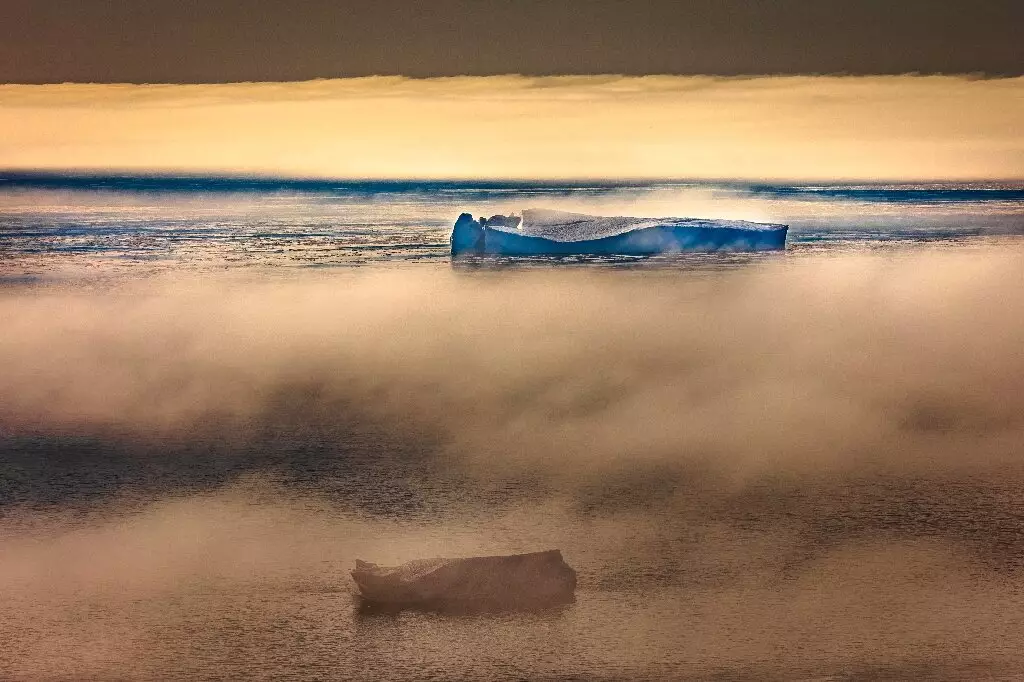According to a new study published in Nature Communications, the Arctic Ocean’s ice cap will disappear in summer as soon as the 2030s, a decade earlier than previously thought. The report concludes that even capping global warming at 1.5 degrees Celsius in line with the Paris climate treaty will not prevent the north pole’s vast expanse of floating ice from melting away in September. Furthermore, it claims that it is too late to protect the Arctic summer sea ice as a landscape and as a habitat.
Impact of Melting Ice Cover
The report suggests that decreased ice cover has serious impacts over time on weather, people, and ecosystems globally. Melting permafrost laden with greenhouse gases can accelerate global warming, and melting the Greenland ice sheet can lead to sea level rise. Greenland’s kilometers-thick blanket of ice contains enough frozen water to lift oceans six meters.
Melting sea ice, on the other hand, has no discernible impact on sea levels because the ice is already in ocean water, like ice cubes in a glass. However, it does feed into a vicious circle of warming. About 90 percent of the Sun’s energy that hits white sea ice is reflected back into space. But when sunlight hits dark, unfrozen ocean water instead, nearly the same amount of that energy is absorbed by the ocean and spread across the globe.
Study Findings
The study, which draws from observational data covering the period 1979-2019 to adjust the IPCC models, finds that an ice-free September in the 2030s is a decade faster than in recent projections of the Intergovernmental Panel on Climate Change (IPCC), the UN’s science advisory body. In its landmark 2021 report, the IPCC forecast with “high confidence” that the Arctic Ocean would become virtually ice-free at least once by mid-century, and even then only under more extreme greenhouse gas emissions scenarios.
The new study calculated that human activity was responsible for up to 90 percent of the ice cap’s shrinking, with only minor impacts from natural factors such as solar and volcanic activity. The record minimum sea ice extent in the Arctic – 3.4 million square kilometers (1.3 million square miles) – occurred in 2012, with the second- and third-lowest ice-covered areas in 2020 and 2019, respectively. Scientists describe the Arctic Ocean as “ice-free” if the area covered by ice is less than one million square kilometers, about seven percent of the ocean’s total area.
The report concludes that the Arctic summer sea ice is a significant component of our climate system that we will lose because of our emission of greenhouse gases. It asserts that we need to take immediate steps to reduce the emission of greenhouse gases to prevent the Arctic from losing its ice cap.


Leave a Reply